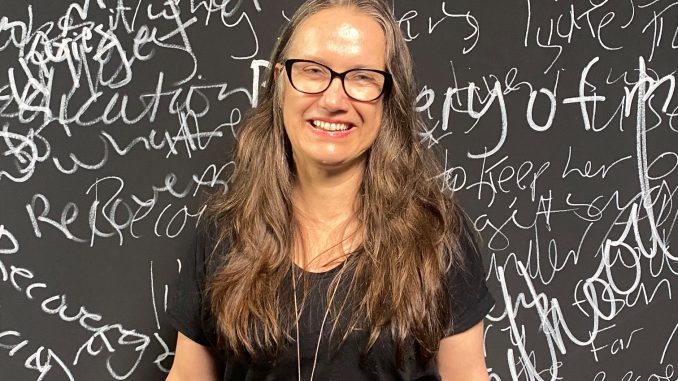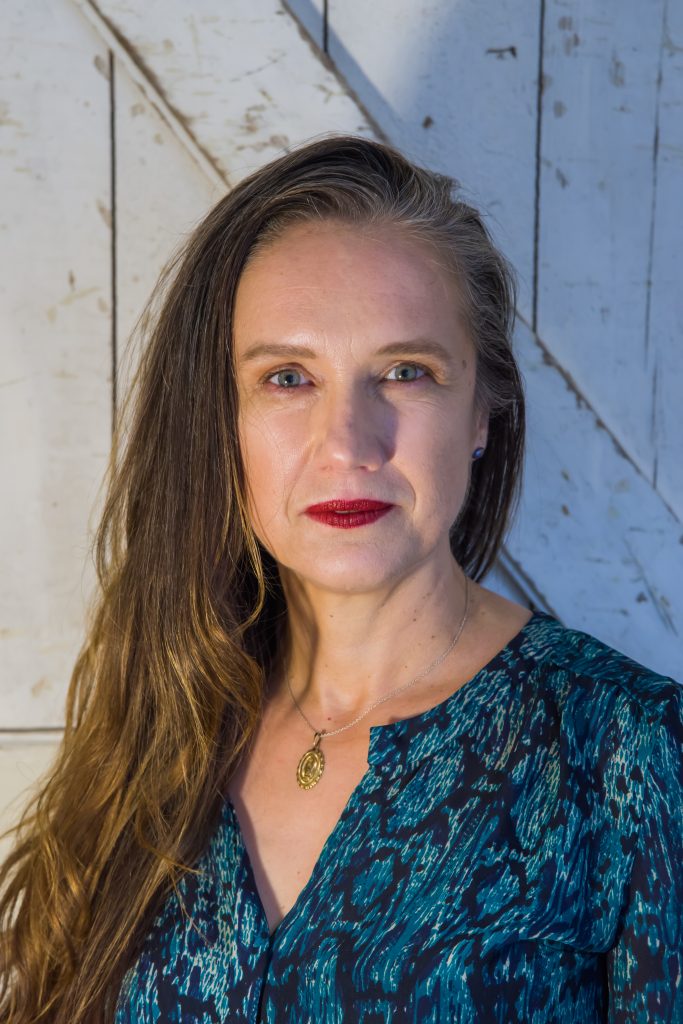
Did anyone tell Kafka to lighten up or Pavarotti not to be so intense? If they did, I’m grateful that they didn’t listen. In the first session of a creative writing course or lecture, I like to ask people to put their hand up if they have been told they are too intense, over-analyse or think too much. Usually, three-quarters of the participants raise their hands. I joke they need to come up with quips like: I must make up for those that do not think at all. I tell them they need to counter these accusations because they are designed to prevent questioning of dominant narratives and further entrench existing power dynamics. It is often the more powerful that are telling the people with fewer advantages to lighten up so as not to disturb or question the status quo.
To demonstrate what I mean, think of this example; I ask one person what their parents did for them, they may say they set up a family business, and another person might say that they saw their parents shot in front of them. Some people do not have the life circumstances to be light with. In a culture where we make a value judgment that light is better than heavy, we are silencing the second person. We are giving them the message that their experience is not valid because it does not match a light reality. Is the more advantaged person implying they do not want the discomfort of being confronted with the consequences of inequalities? I tell students that these accusations are, in fact, the qualities that make them writers. I suggest they put their capacity to be critical thinkers and their intensity of focus into writing and publishing to reach a larger, more appreciative and grateful audience.
I constantly hear writers apologise for their work being dark. This is another internalised value judgement, not literary critique. Is it dark, or is it deep? Do we mistake depth for being depressing? Are we afraid of depth because we have not atoned for atrocities and genocides committed in this country? What relevance does it have if something is dark except to imply there is a cultural edict to be ‘positive’ and ‘light’, which is code for compliance? It is like apologising for it being night as if only part of the day is acceptable.
When I am teaching and mentoring, I constantly come across writers worried about being self-indulgent or imposters. This is in part due to brilliant, inventive writing by women and other minorities being reviewed as self-indulgent or hyperbolic in Australia, whilst their white middle-class male counterparts are reviewed as brilliant and inventive. We internalise that we need to be given permission and approval to write. From whom? I encourage students to internalise that they do not need authorisation to write from those who assume power. And I encourage students to examine and acknowledge their own privileges and power bases.
We need to listen to those who have suffered from abuses of power from colonisation, sexual violence, gendered violence, ableism and institutional and systemic abuse in churches, mental health facilities, prisons and schools. We need a diversity of perspectives to avoid the harm done by dominant narratives assuming primacy. We need to hear from people who have survived abuses of power because they know how to identify, expose, and therefore help us counter inequities. We need to listen and make space for new voices to learn and imagine alternatives. If we do not want to repeat the abuses of the past in the future, we need new leaders. We need to listen to Aboriginal and Torres Strait Islander leaders and writers to instigate lasting cultural change.
We can only know our world one person, one story, one poem, one essay, and one piece of writing at a time. When we read someone’s writing, we have the enormous privilege of being inside someone else’s perspective. It builds understanding and hopefully empathy for perspectives not our own and breaks down isolation for people who share similar experiences. I encourage and support writing as validation, autonomy, and authority in the fulfilment of self-representation.
.Writer Bio:

Claire Gaskin is a teacher, lecturer and mentor of creative writing.
She completed her first full-length poetry collection a bud in the receipt of an Australia Council Literature Board. A bud was released by John Leonard Press in 2006 and was shortlisted in the John Bray SA Festival Awards for Literature. Paperweight, was published in 2013 by Hunter Publishers. Eurydice Speaks was published by Hunter Publishers in 2021. Ismene’s Survivable Resistance was completed as the creative component of her PhD in Writing and Literature at Deakin University and was published by Puncher & Wattmann in 2021. https://clairegaskinpoetry.com/
Did you enjoy this article?
Sign up for my email newsletter to ensure you don’t miss a new article from The GW Review! Get my FREE 5-DAY email course on how to show, don’t tell in poetry, when you sign up today.
Want to submit to The GW Review?
The GW Review is an online literary journal seeking submissions of poetry, poetry book reviews, and music and poetry-themed feature articles. Send an email to the editor via contact@gemmawhite.com.au
Want to donate to The GW Review?
Your donations help pay the writers who submit their articles, book reviews, and poetry to this website.

Leave a Reply